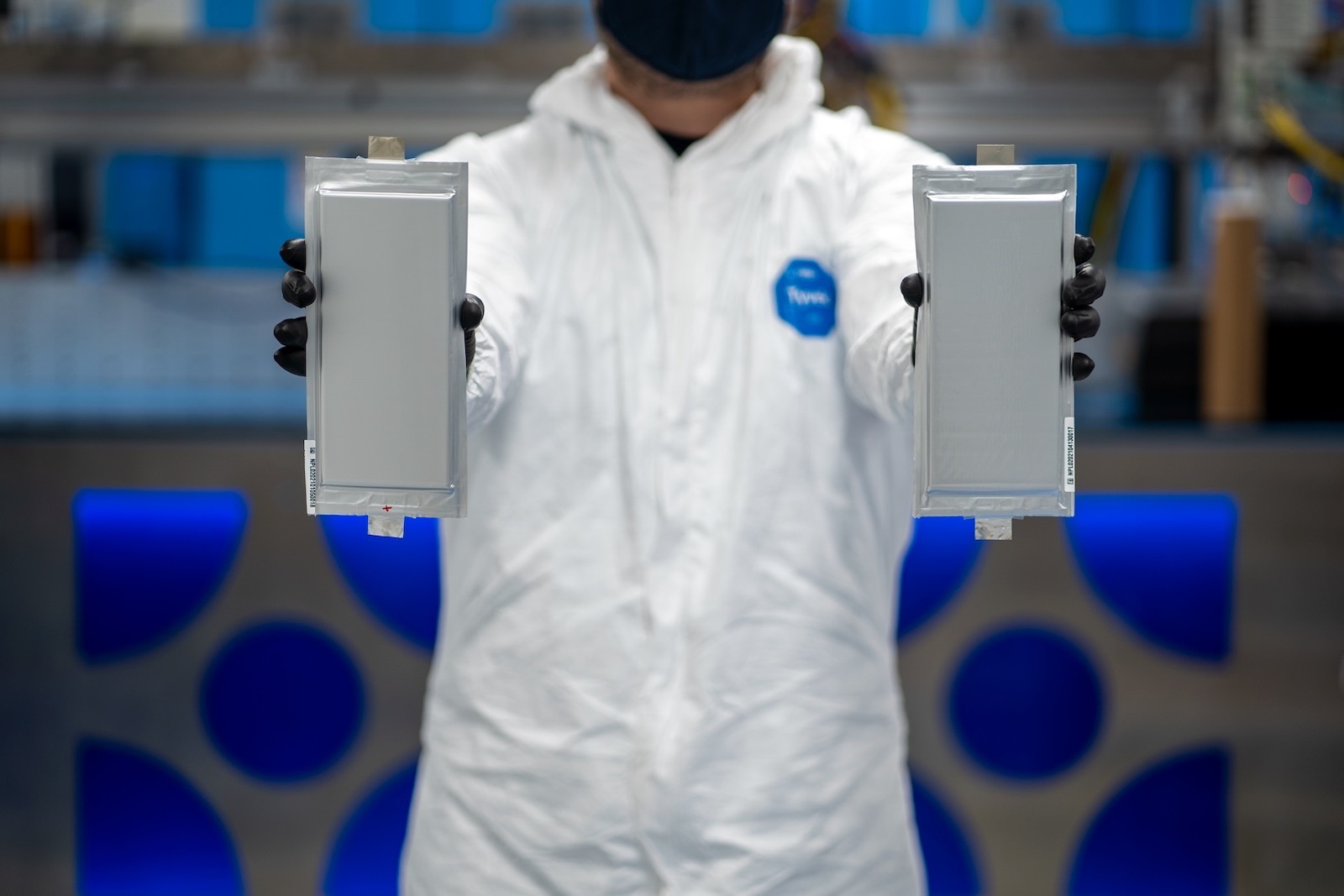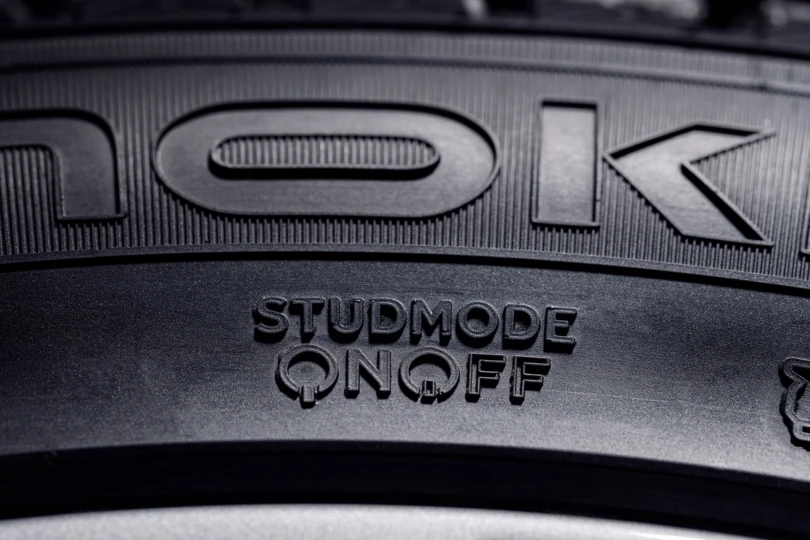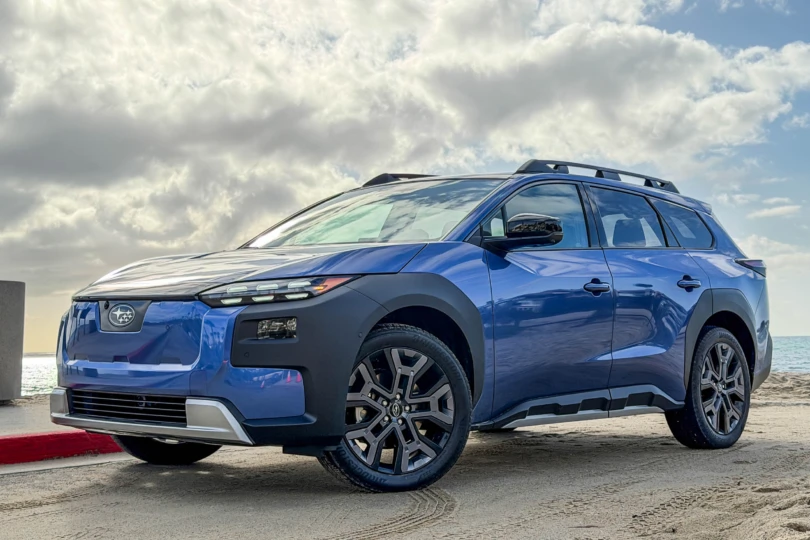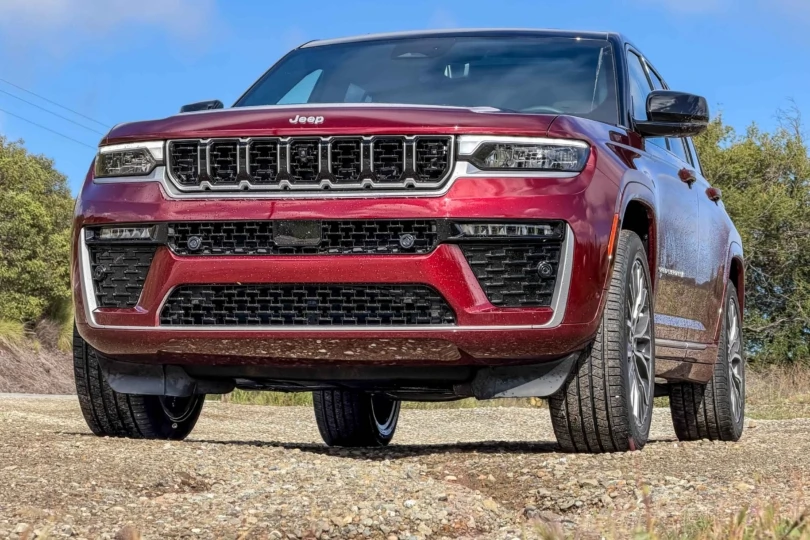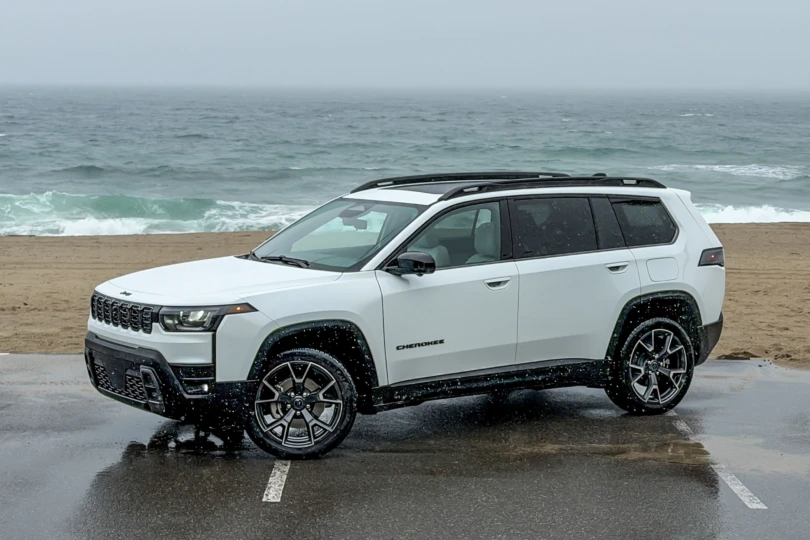Though battery-electric vehicles have made numerous improvements in recent years, they still have plenty of limitations. A solution for many EV woes, solid-state batteries, might be on the horizon.
Imagine what it would be like if EVs could deliver a range of 500 to 600 miles, charge up as quickly as you can fill a fuel tank, and cost even less than today’s gas-powered vehicles.
That’s more than a fantasy — at least if you believe what experts are promising will be the next generation of batteries, a technology known as solid state.
Until recently, they were little more than lab curiosities. But a series of recent developments promise to bring solid-state batteries into mass production within the next 5 to 7 years.

While much of the initial work was being handled by startups like QuantumScape, Solid Power, and SolidEnergy Systems, the big guns are moving in.
Automakers including Ford, Mercedes-Benz, Nissan, Stellantis, Toyota, and Volkswagen have not only announced plans to invest in the technology but also, in several cases, have laid out timetables to put solid-state batteries into production.
Next-Gen Batteries: What Solid-State Batteries Could Mean for EVs

Solid-state batteries are just one of several different technologies the automotive industry is watching in a bid to make EVs more competitive with modern vehicles that use internal combustion engines.
These battery technologies include lithium-sulfur and aluminum-ion, among others. But there are some potential advantages to solid-state batteries, starting with the fact that they seem so much closer to real-world use.
Manufacturers should also be able to swap the technology for today’s lithium batteries with relatively minor hassles — and expense, according to Sam Abuelsamid, principal auto analyst with Guidehouse Insight.
Ford, he said, estimates it could reuse about 70% of the capital already invested, as opposed to “having to start over from scratch.”
Solid-State Batteries: Critical Advantages
At their most basic, solid-state batteries use much the same chemistry as lithium-ion batteries. There’s one critical difference, however.
Instead of the gelatinous goo found inside conventional batteries, they opt for — as the name implies — a solid or foam-like substrate. This creates various potential advantages:
- Higher energy density: The amount of power that can be stored in a given size or mass is increased, meaning manufacturers can use smaller, lighter battery packs or cram in more range in the same space as today’s lithium cells.
- Improved safety: The chemical slurry in conventional batteries is flammable and has been blamed for many EV fires in recent times.
- Faster charging times: While it’s still too early to be certain, some experts believe a vehicle using the latest public quick chargers could get a complete “fill-up” in 15 minutes, and possibly under 10 minutes.
- Lower cost: Nissan CEO Makoto Uchida estimated solid-state batteries will come in at around $75 per kilowatt-hour initially, then dip to $65. Compared to the lithium batteries automakers use today, that could save as much as $8,000 to $10,000 per vehicle, making EVs “comparable in price” to gas-powered models, said Uchida. And other experts believe that, by 2030, the technology would actually make battery-powered cars cheaper while also boosting the benefits they offer.

Automotive Manufacturers Bet Big on All-Electric Vehicles
Earlier this week, Nissan announced Ambition 2030, an $18 billion program that will, among other things, bring to market 15 all-electric vehicles by the decade’s end.
Of that, Nissan committed about $1.4 billion to bring solid-state batteries out of the lab and onto the assembly line. It expects to open a pilot plant in 2024, with a full-size factory online 2 years later.
In fact, this week has seen a wave of announcements related to solid-state batteries. Both Stellantis and Mercedes announced investments in Factorial Energy, a Massachusetts-based R&D firm that already has ties to Hyundai and Kia.

Like its startup rivals, Factorial Energy is so far focused on little coin-sized batteries. But they appear to have significant advantages over today’s gold standard, the lithium-ion battery.
According to the company’s executive chairman, Joe Taylor, Factorial’s current solid-state prototypes “yield 20-50% improvements in driving range without sacrificing pack longevity, and surpass prevailing EV battery performance standards, including those for energy density, cycle life, and safety.”
Significantly, it expects to scale up to automotive-size — and automotive-grade — batteries by next year. And it’s not alone. Both Ford and BMW are scheduled to begin field testing vehicles using solid-state batteries next year. General Motors hopes to do the same thing in 2023.
Good Timing for Solid-State Batteries
Solid-state battery technology appears to be coming along at just the right time for the auto industry. Manufacturers are facing heavy pressure to switch to battery power.
Great Britain plans to limit sales to plug-in hybrids and BEVs, starting in 2030, and go all-electric by 2035. Several other countries, including Canada and Norway, have laid out similar plans.
And so have several U.S. states, including California and Washington. President Joe Biden plans for plug-based vehicles to account for 40-50% of U.S. sales. The benefits of solid-state batteries could prove critical in getting there.
A new survey of automotive leaders, by consulting firm KPMG, finds they’re confident the industry is on the right track, especially if production costs — and, thus, retail prices — can be brought down. The consensus is that EVs could account for 52% of U.S. sales by 2030.

Of course, even with all the investments, and the potential production plans, that doesn’t mean anything will happen, cautioned Abuelsamid. “There’s a lot of work still to be done, and they have to prove they can produce solid-state batteries at mass production volumes.”
But the technology appears to have cleared some of the most challenging hurdles, and the next year or two will reveal whether it’s ready for primetime. If it does make the leap, expect solid-state batteries to help EVs transform the auto industry.
